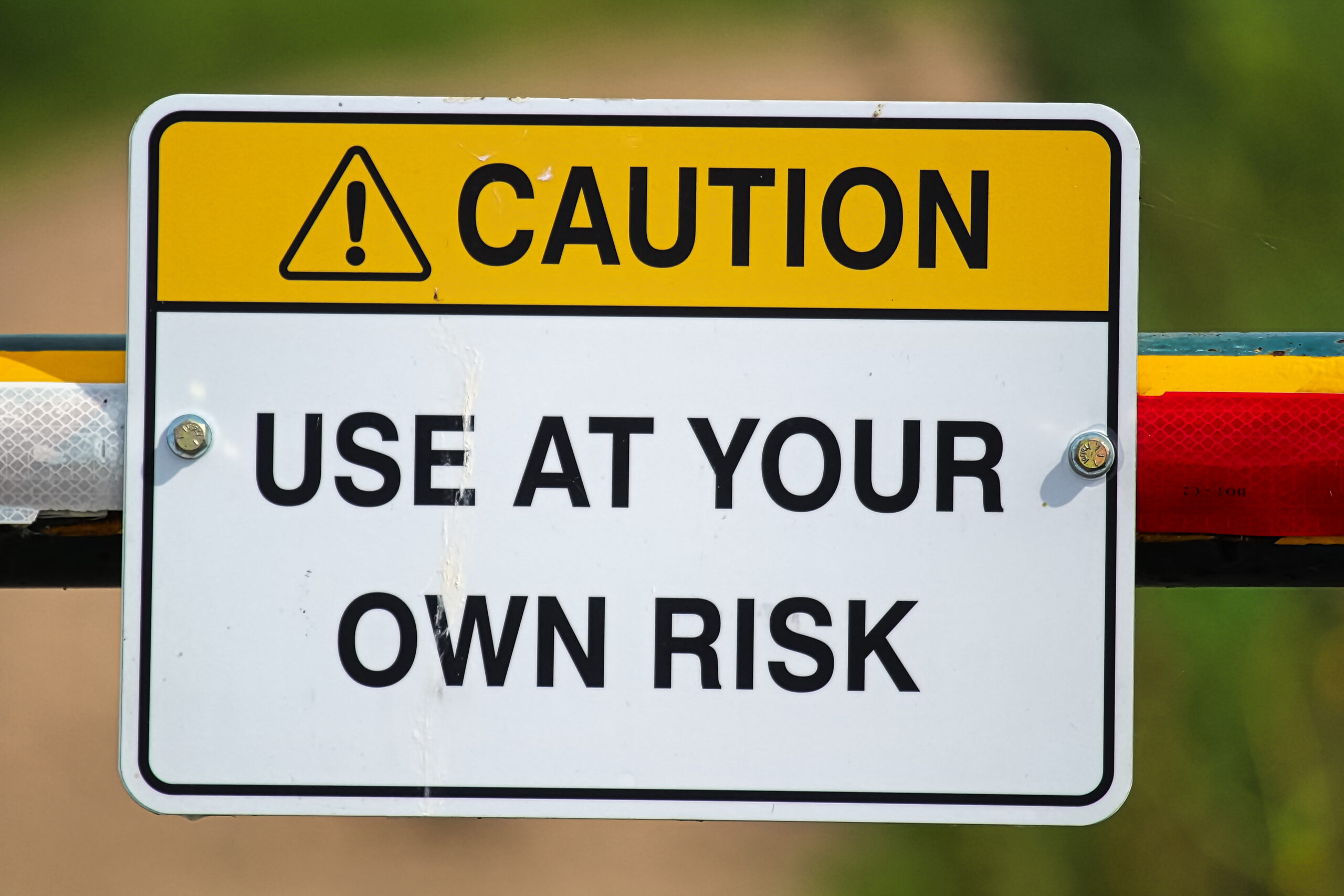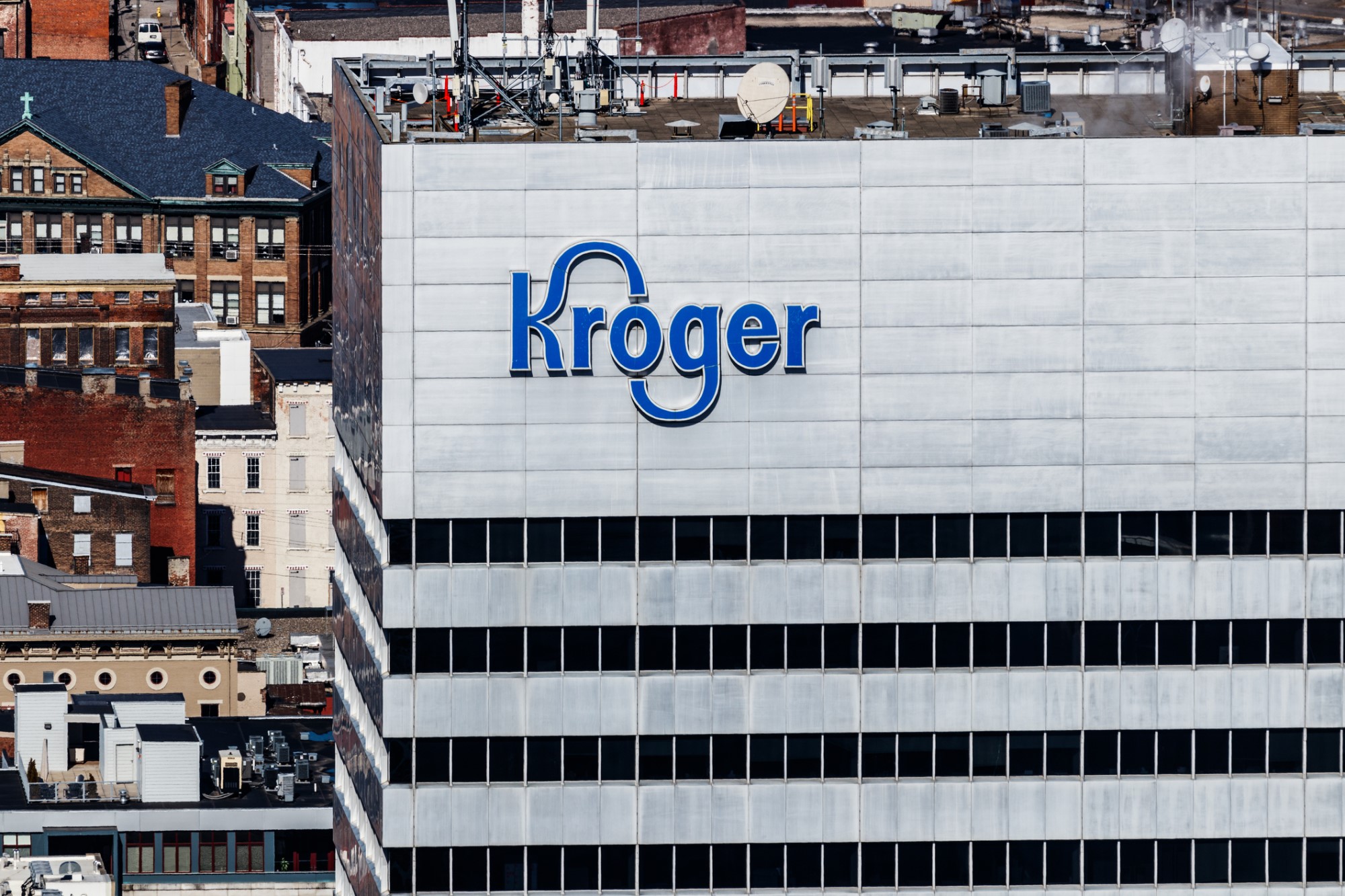Ethics in 5: Printerns on Social Networking Ethics

Every week, the Prindle Intern team weighs in on an ethical issue together. Each intern is challenged to keep their response to five sentences – Ethics in 5. Click on an intern’s name to check out their previous posts on The Prindle Post!
This week’s question: Social Networking Ethics
Comments regarding employers or coworkers posted on social networking websites are costing employees jobs across the country. The ethical and legal challenges surrounding the use of social media and its consequences in the workplace affects the business industry as a whole because employers across the nation are setting policies regarding employee use of these websites while working and even what these workers can say when off the clock. According to the Business Ethics website, as of 2010 software developer Cisco Systems Inc. even has a program, Cisco SocialMiner, designed to help employers monitor their employees’ social network site status updates, forum posts and blog posts in real time. The line between an employer’s right to monitor employees and an employee’s right to privacy can easily blur in this climate.
Corby Burger: Taking on the role of an employee brings with it more than just a paycheck, but grants a certain supplemental professional identity; and the candidness brought on by social media is making the line between one’s personal and professional life vanishingly thin. As we become desensitized to living our lives in the virtual world, we fail to realize that each tweet, insta, or status update is exposed to an unfathomably large audience, and this can have major repercussions when individuals are representing more than just themselves. Although some may claim this is an infringement of personal freedom, employers should maintain the ability to set cohesive employee codes of conduct that extend to the cyber realm, as they have a vested interest in cultivating a holistic company policy that recognizes an employee’s public association with their place of employment. Social media sites are fundamentally public, and to argue that these employers are infringing on the rights of their employees is to ignore the very nature of social media itself. What is important to me in this debate is the level of awareness and notification that employees have in relation to a company’s social media policy, setting clear standards the firm demands.
Natalie Weilandt: Allowing employers to actively monitor their employees’ social media outlets is a slippery slope that we need to be firm in resisting, especially as members of a technological society with increasingly hazy definitions of personal privacy and autonomy. If it becomes permissible for companies to control what we say on social media, what other types of (potentially even unforeseeable) elements of our self-expression will they be allowed to control in the future? Limiting the expression of opinions or personal statements as they relate to life outside the workplace is a limitation of our most basic freedoms, and a dangerous blurring of the lines between personal choice and the choices of those who are, in many ways, more powerful. It’s dangerous because it would aim for companies to be allowed to eliminate potentially progressive dissent (and as we’ve learned throughout history…where there’s dissent, there’s sometimes a much bigger problem). At the very least, this is unrealistic to employ on a practical level simply because there’s an inescapable susceptibility to corruption– who defines what’s “inappropriate”?
Noelle Witwer: The idea of the company that you work for monitoring your social media usage is an uncomfortable and distasteful thought for many people. I think that this initial reaction of discomfort that we may experience is due, in part, to the fact that we prefer to believe the things that we post on social media will be limited to the audience for whom we intend them– our friends and family. We also may argue that work and personal life should be separate entities–before the internet, your company couldn’t monitor your life outside work, so why should they be able to do it now? However, these beliefs may be naive: the fact is that currently, when you choose to put something on the internet, you are essentially putting that information in the public domain. Since the general public can access this information about you with relative ease, it makes sense that employers want to be aware of what their affiliates are posting online–the real ethical issue arises when the employer is making the decision about what online content posted by an employee they consider to be “acceptable” or “unacceptable”.
Vanessa Freije: What employees choose to do off the clock is their own business. However, what they choose to post on social media and on the internet is a reflection of the image they are choosing to promote. Personally, I believe that as a responsible adult you should be cognizant of what you’re posting and understand the consequences. If you’re posting things that would promote a negative image, then, as an employer, I would be worried about how that could hinder the company’s reputation. I don’t think that employers should have full monitoring access to employees’ social media, but I do think that to a degree the company has the right to ask employees to keep it appropriate on social media.
Amy Brown: In most cases, I find that employers should not be following up on their employee’s social media pages. Work and social lives tend to be two different areas, and as long as an employee is not posting things that reflect badly on the company image, it seems unethical to routinely check their social media. That said, if employees’ social media posts are causing problems for the company’s image, bashing fellow employees through updates, or going against company policies – such as not posting about certain jobs or projects of the company – then the company has a right to intervene and let the employee know that that behavior is unacceptable. In general, a company should not be monitoring an employee’s social media on a regular basis if there is no reason for suspicion.
Eleanor Price: Employers shouldn’t investigate employees’ social media, especially if the employees have no reference to where they work — in this way it is totally clear that they do not represent the company. I believe that it is acceptable that an employee have a life outside of his/her job, one that the employer has no place in, and therefore should not investigate.
Cheney Hagerup: I believe that freedom of speech should be granted to employees on all forums, in any medium. If an employee chooses to speak negatively of their organization, and an employer happens to come across the commentary, I can imagine that social repercussions may be in store for the employee. However, I do not see it as ethical for the employer to actively monitor the employee’s activity on social media, nor should formal punishment be enacted on the employee. There is a fine line between work life and personal life, but that line exists for a reason, as all actions an employee takes in their personal life should not come to represent their employer as a whole – that would offer the employer the liberty to criticize all actions and personal views of the employee. Furthermore, freedom of speech on social media sites may encourage more equality and fair treatment in the workplace.
Caroline Zadina: From my point of view, when you accept a position at a company, your name now represents their brand, therefore, your actions reflect not only on yourself, but the company as well. If an employee chooses to speak negatively about about an employer or their organization, I think repercussions should be expected. Even in cases where an employee uses offensive language not directed at the company, if it reflects a poor image on an organization’s choice of personnel, I believe the company may be justified in taking action. If it is a right, I am not quite sure of; however, I do believe that every choice you make in life affects others so one must act accordingly. For example, when I played soccer at a D1 institution, all of my media platforms were heavily regulated by the athletic department and coaches. If I posted something that they disliked, I was asked to remove it because I was a member of the team and therefore my actions reflected back onto my teammates. In cases when you want to keep your private life private, I would suggest not posting on social media.
Rachel Hanebutt: Employers seem to be treating social media as an extension of an individual’s job reputation. In a sense, it is just that, however, even an employee with the “cleanest” social media presence is subjected to off the clock monitoring. Employers do not have the jurisdiction to control the social events their employees attend, or the types of socializing their employees participate in. Why should they be able to control what they post, comment, or allow to be presented on their social media site? Vetting employees’ social media sites prior to employment is one thing; playing “Big Brother” to current employees’ online social presence is another.
How do you feel about this week’s question? Have something you want to share with an intern or a question about their stance? Leave a comment below on what you think of social networking ethics!




